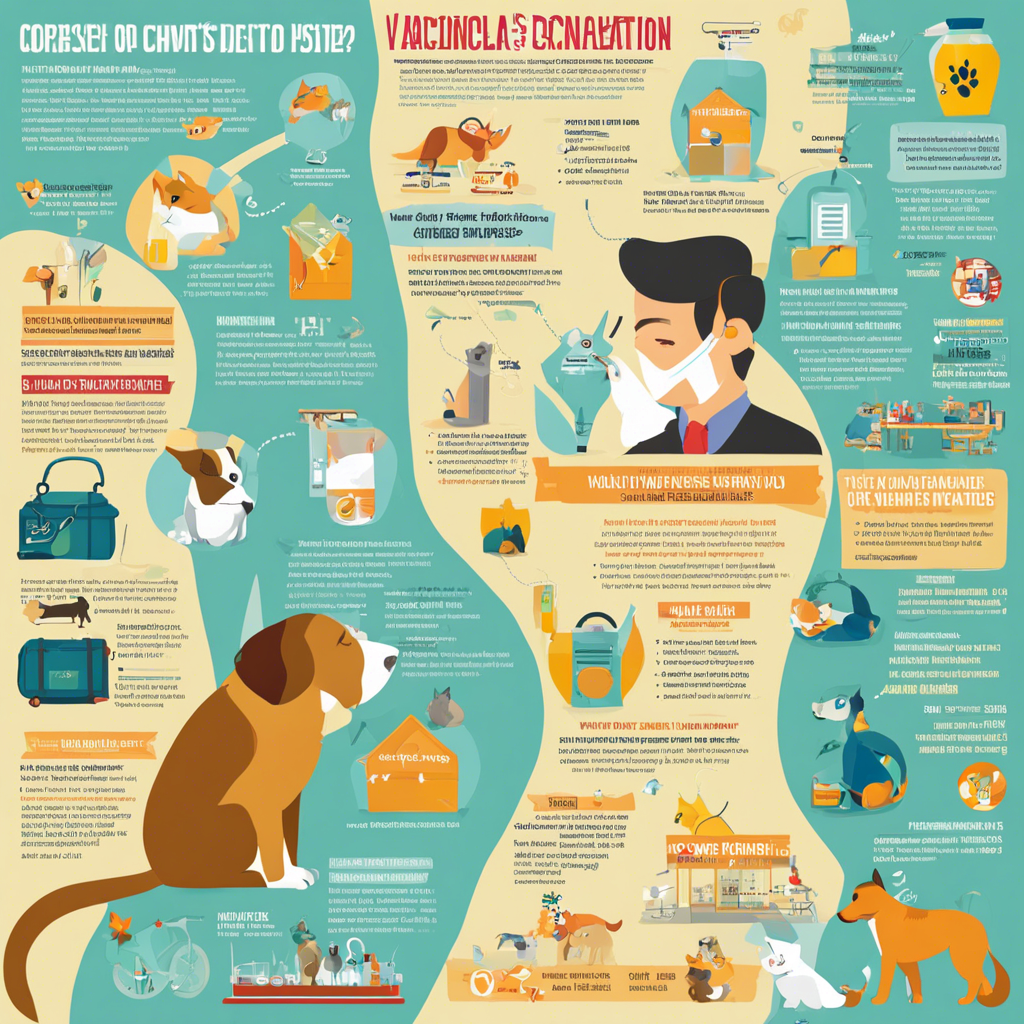Vaccinations are a vital part of responsible pet ownership, ensuring your furry friends lead healthy and happy lives. While cuddling and playing with your pets is undoubtedly enjoyable, it’s crucial to prioritize their health by staying up-to-date with their vaccinations. This simple yet powerful preventive measure can protect your pets from various diseases, some of which can be life-threatening. As a pet owner, knowing which vaccinations your pets need and when to administer them is essential for their well-being.
Core vaccines are considered essential for all pets, regardless of their lifestyle or location. For dogs, the core vaccines include distemper, adenovirus (hepatitis), parvovirus, and rabies. These diseases can be highly contagious and often fatal. Vaccinating your dog against these diseases is not just a smart choice but also a legal requirement in many places. For cats, the core vaccines are similarly critical, including panleukopenia (feline distemper), feline calicivirus, rhinotracheitis (feline herpesvirus), and rabies. These vaccinations protect against severe and widespread feline illnesses.
Non-core vaccines, on the other hand, are recommended based on your pet’s individual risk factors, such as lifestyle and geographical location. For dogs, these may include vaccinations against Bordetella (kennel cough), Leptospira, and Lyme disease. Cats may benefit from non-core vaccines like the feline leukemia virus (FeLV) and feline immunodeficiency virus (FIV) vaccines. Your veterinarian will assess your pet’s environment and lifestyle to determine which non-core vaccines are appropriate.
Understanding the vaccination schedule is equally important. Puppies and kittens typically receive their first round of vaccinations between 6 and 8 weeks of age, followed by boosters every 3 to 4 weeks until they are 16-20 weeks old. After that, annual boosters are usually recommended for many vaccines, but some may require more frequent administration.
It’s worth noting that over-vaccination can also pose risks. That’s why it’s crucial to consult with your veterinarian to create a tailored vaccination plan for your pet, ensuring they are protected without overdoing it.
